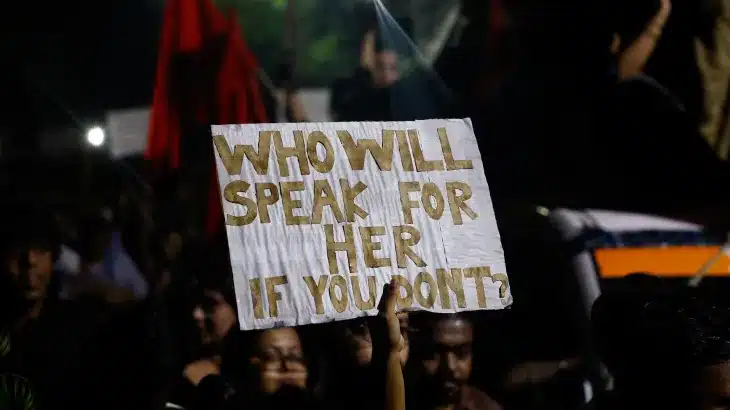
Rape Culture in India: The Enduring Crisis
Breaking down the rape culture of India—why it’s still happening, who’s responsible, and why it continues to thrive.


Breaking down the rape culture of India—why it’s still happening, who’s responsible, and why it continues to thrive.
![India's Lok Sabha Elections 2024 is a high-stakes contest shaping democracy, economy, and global influence amidst socio-political challenges [Image via Al Jazeera].](https://southasiatimes.org/wp-content/uploads/2024/05/2024-04-19T054312Z_1253545375_RC2F97AGX45B_RTRMADP_3_INDIA-ELECTION-1713505778-1.webp)
India’s Lok Sabha Elections 2024 is a high-stakes contest shaping democracy, economy, and global influence amidst socio-political challenges.
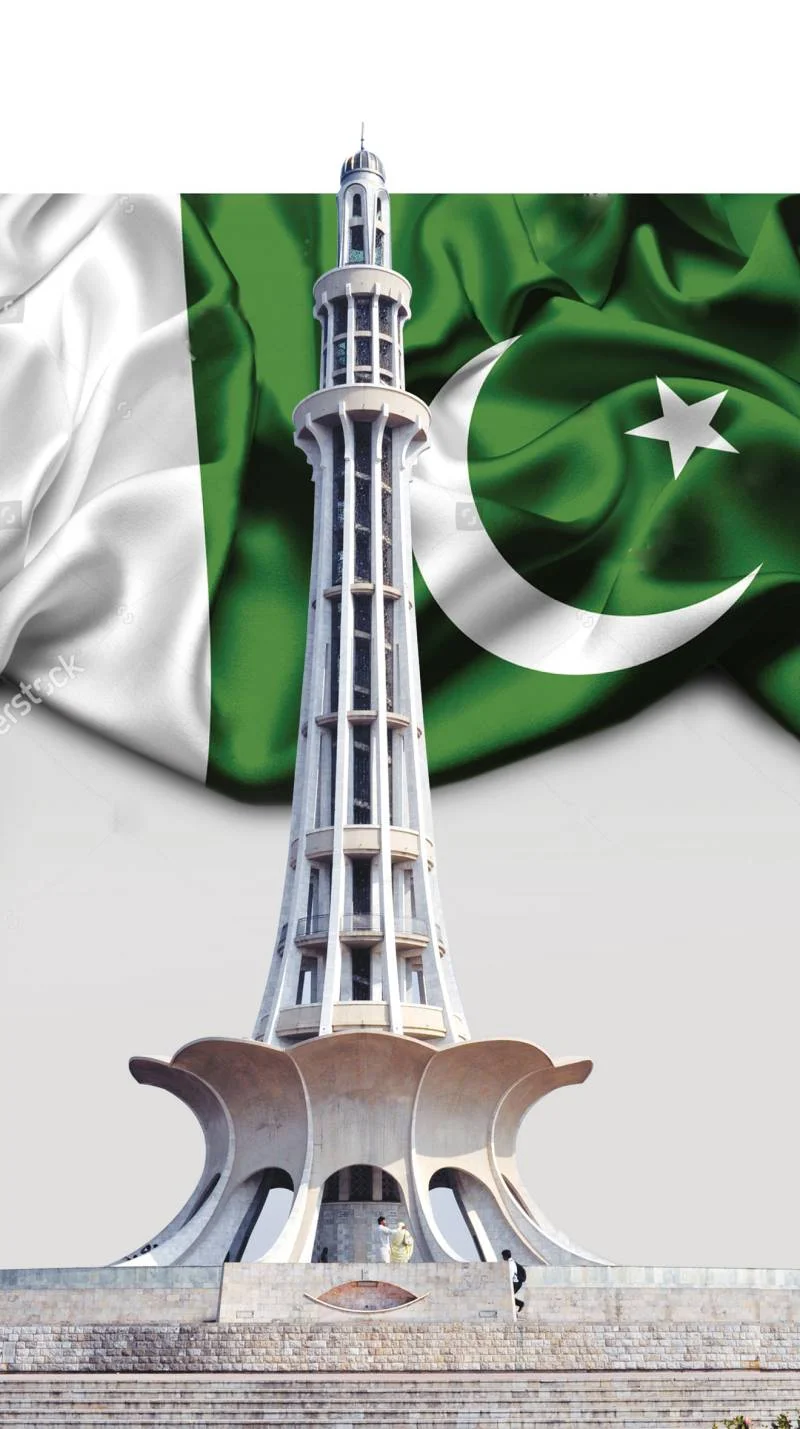
Decades after the Lahore Resolution, the nation celebrates \”Pakistan Day\” with much fanfare and a kind of nationalism that is made up of a conglomerate of various delusions and desires.
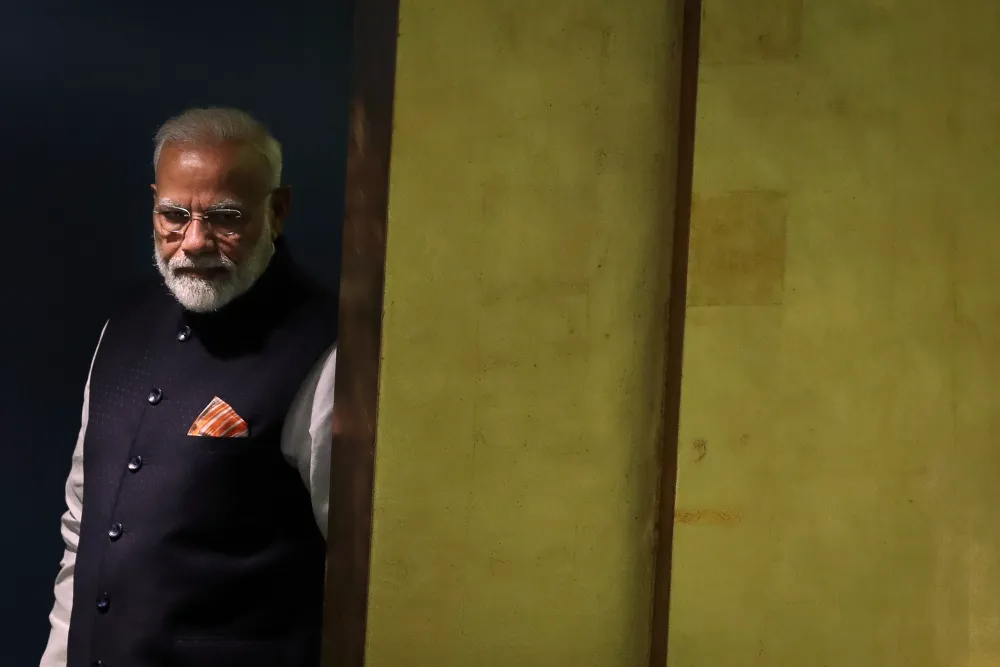
While the 2002 Gujarat riots may have rendered certain memories of the atrocities unrecoverable and propelled Modi to the pinnacles of fame and notoriety in the last two decades, they surely won him friends across the world who continue to rally around him today.
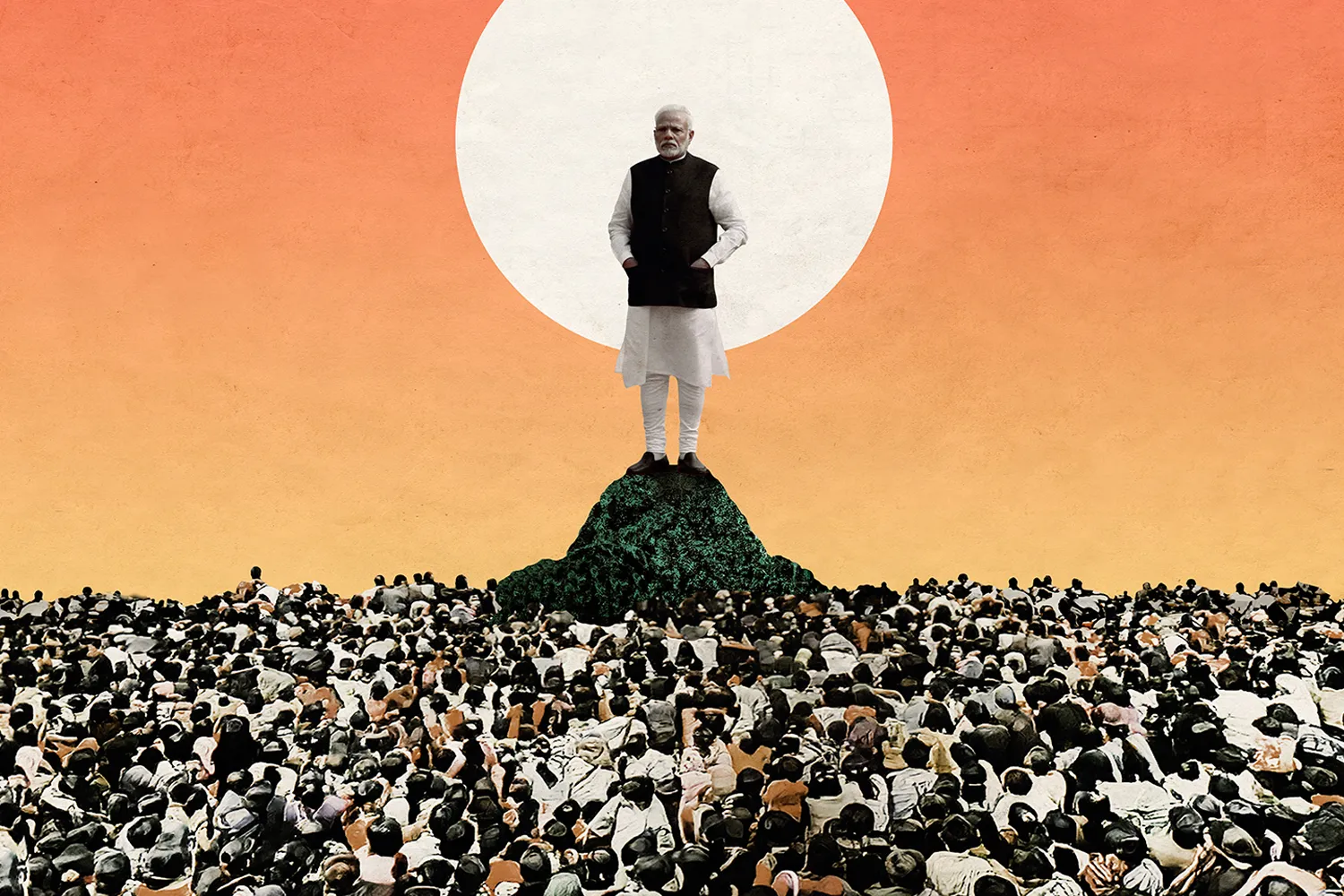
For centuries, what constitutes good leadership has been an intriguing subject. In South Asia, such paradoxes in theories in the context of nation-building are exemplified by the propensity of the general public to transform their enthusiasm into slavish loyalty.

Without unanimity among the Pak-Afghan-India trio on what should account for a peaceful vision for the future, the region would continue to suffer, with its people repeatedly sacrificed on the altar of long-standing geopolitical rivalries.
The controversy over the domestic release of the Pakistani film ‘Joyland’ brings to the fore the larger debate on mainstreaming LGBTQ discourse under the garb of artistic liberties and their compliance or lack thereof in the Islamic Republic of Pakistan.
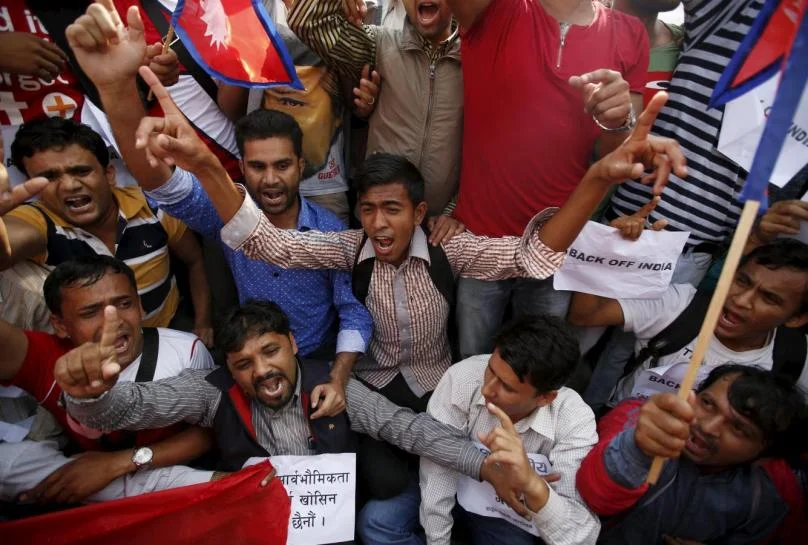
From secularism to systemic persecution of religious minorities, from proscribing international condemnation to unilaterally and forcefully imposing decisions over bilateral territorial disputes; India is essentially paradoxical in dodging global indicators as well as in its very fabric.
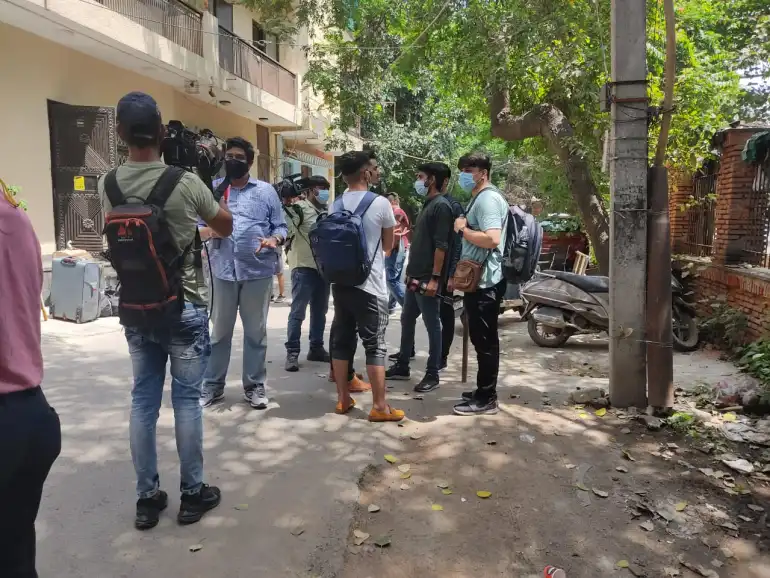
As 2500 Afghan students await Indian visas, it is crucial to ask whether transnational relations are relatively stronger for some communities than others, and perhaps if doubts can be cast after all on India\’s feelings for Afghans.

For all the lip service paid to ‘world peace, the Western governments, in particular, must reflect on whether subjecting Afghanistan to a diplomatic vacuum would win them any favors in the long run.